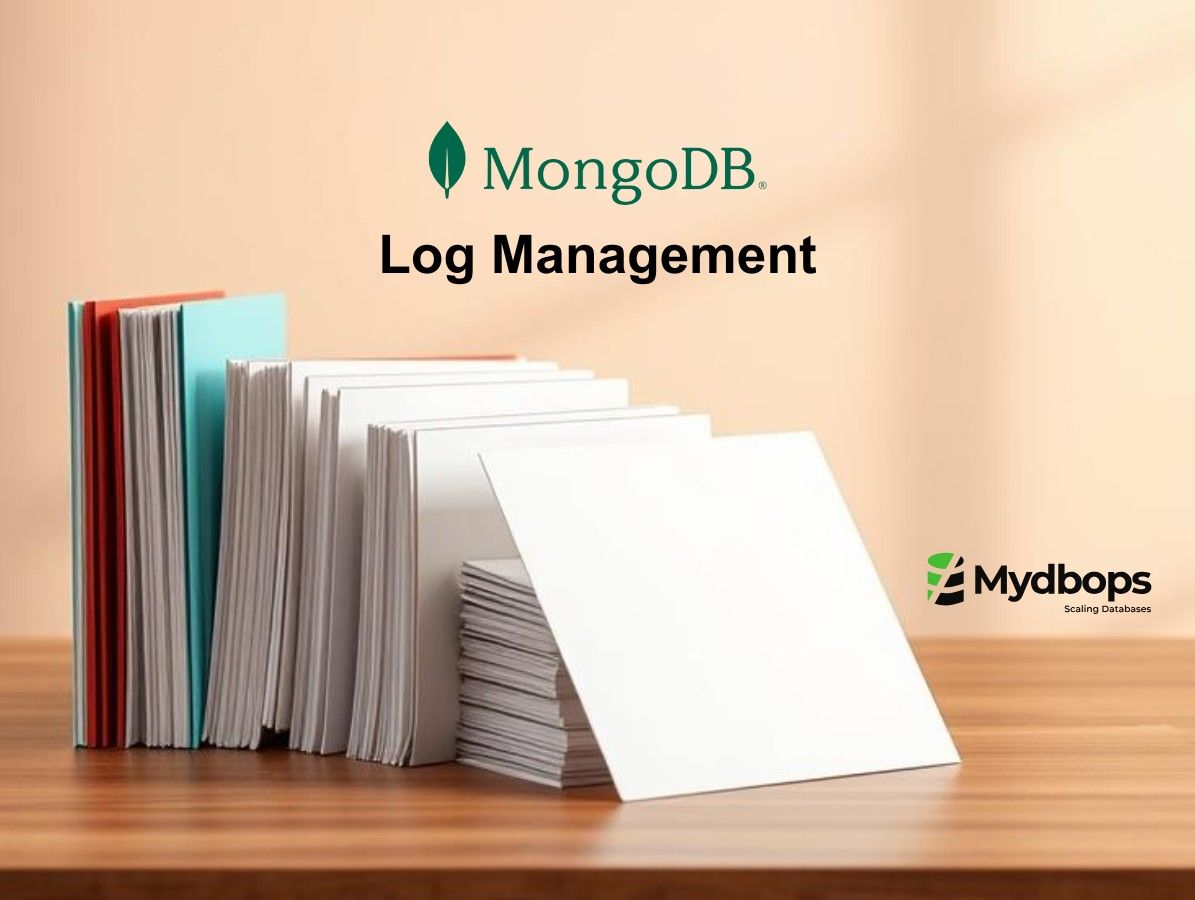MongoDB logs are essential tools for monitoring, diagnosing, and optimizing your database environment. For database administrators and developers, understanding and effectively managing MongoDB log data is critical to maintaining performance, identifying issues, and ensuring database security and uptime.
Key Concepts: Understanding MongoDB Log Files
MongoDB logs capture detailed information about server operations, including slow queries, replication status, connection events, and internal errors. These logs come in various forms such as the diagnostic log, mongod.log, and audit logs (in enterprise setups). Analyzing these logs helps database professionals troubleshoot performance bottlenecks, optimize query execution, and monitor real-time activity. Regular log review supports proactive database management and enhances system reliability.
Common Challenges and How Our Blogs Help
Professionals often face challenges such as overwhelming log volume, difficulty pinpointing critical events, or misconfigured log settings. Our blogs under this tag offer practical guidance on configuring log verbosity levels, parsing logs effectively, and using tools to automate log analysis. Whether you're new to MongoDB or managing complex deployments, our content provides hands-on solutions to make log monitoring seamless.
Dive into our MongoDB log-focused blogs to improve your monitoring practices and database performance. Discover how Mydbops can help streamline your MongoDB operations with expert support and automation tools designed for modern data environments.

